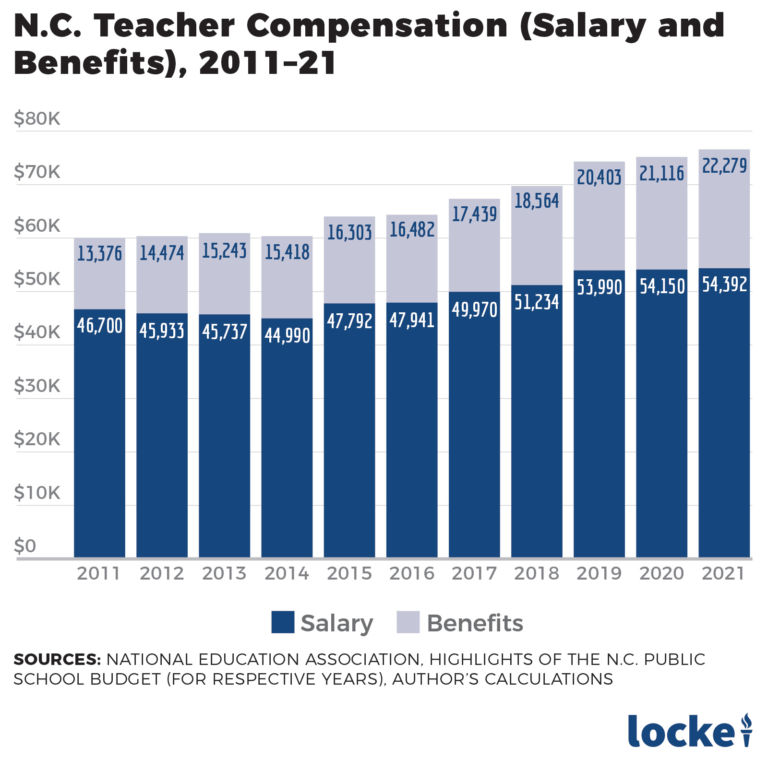The National Council on Teacher Quality (NCTQ) is usually the voice of reason in debates about the teaching profession. But NCTQ president Kate Walsh’s statement on a new USA Today and CBS News poll is little more than pandering to public school advocacy groups and teacher unions. She writes,
Pay matters. The importance of pay generally isn’t disputed, except when it comes to teachers. In their case we’ve allowed a fiercely anti-tax movement to prevail over the last several decades instead of making sure that teacher salaries remain competitive. Teachers have been losing ground since the 1990s—there is now a 20 percent disparity between theirs and comparable jobs.
We’ve got a lot of ground to make up. The American public appears to recognize that need, as made clear in today’s USA Today/CBS News poll—so much so that they are willing to support teachers leaving the classroom to go on strike.
Who is the “we” that allowed a “fiercely anti-tax movement to prevail” and why no mention of the numerous other factors that play a role? Why no mention of the increased cost of providing health insurance or pensions? Why does Walsh ignore the other budgetary pressures on states, such as transportation and Medicaid, that leave lawmakers fewer dollars for teachers? What about increases in school administrative costs, facilities, and technology that divert money from teacher salaries?
Kate Walsh is aware of everything that I mentioned above. So why blame a phantom “anti-tax movement” rather than identify some of these issues? Your guess is as good as mine.


